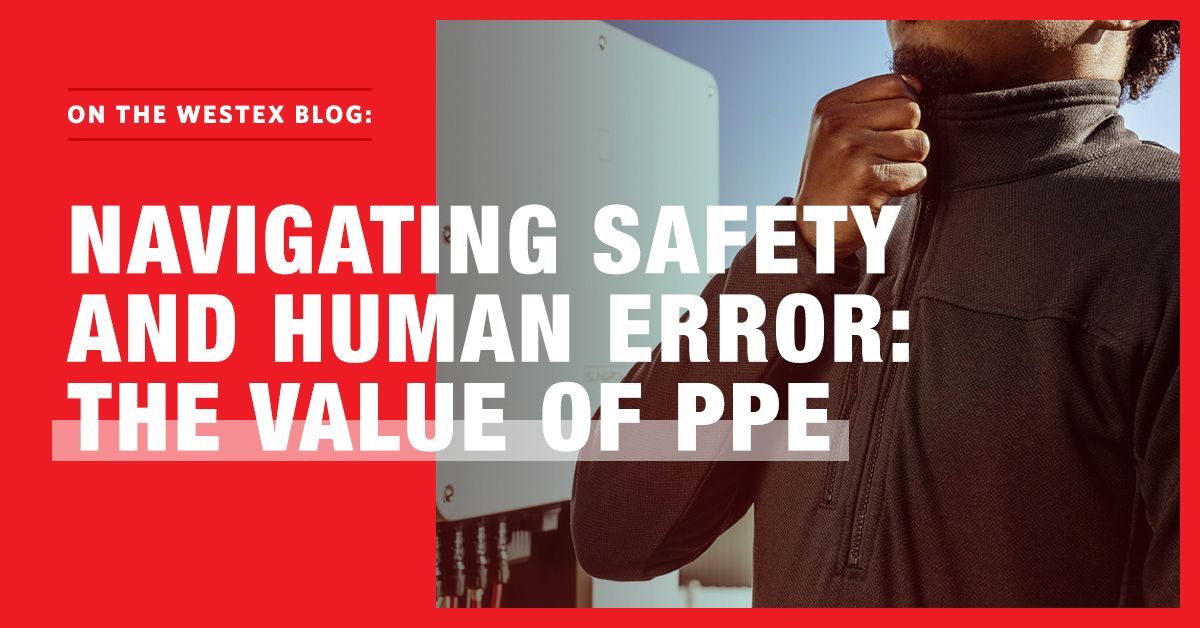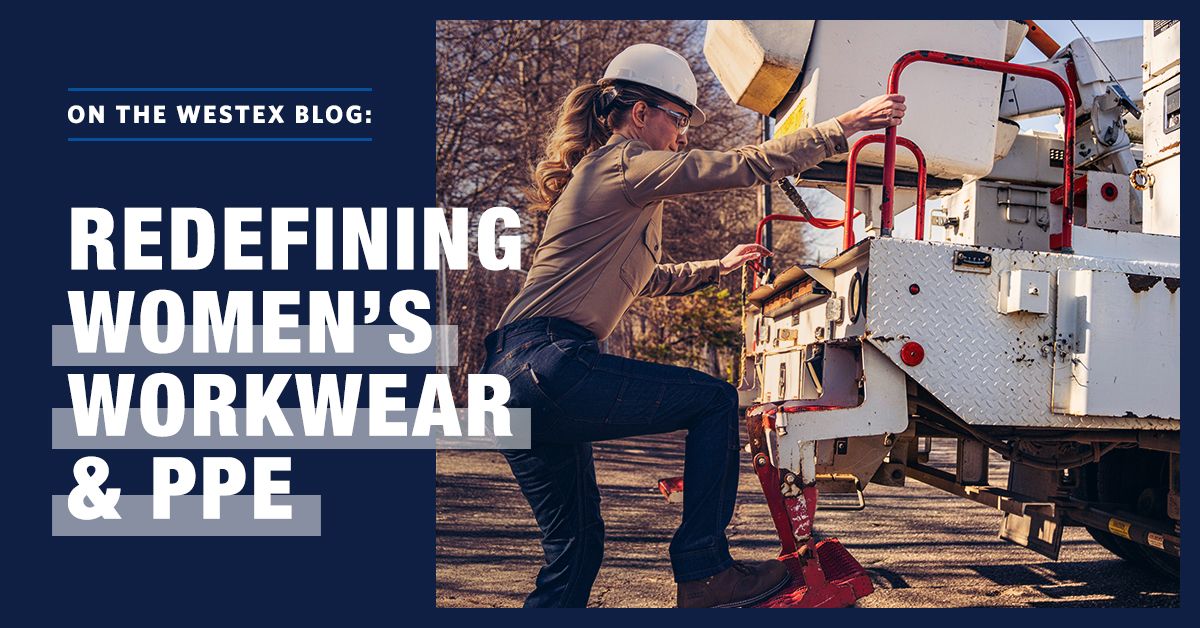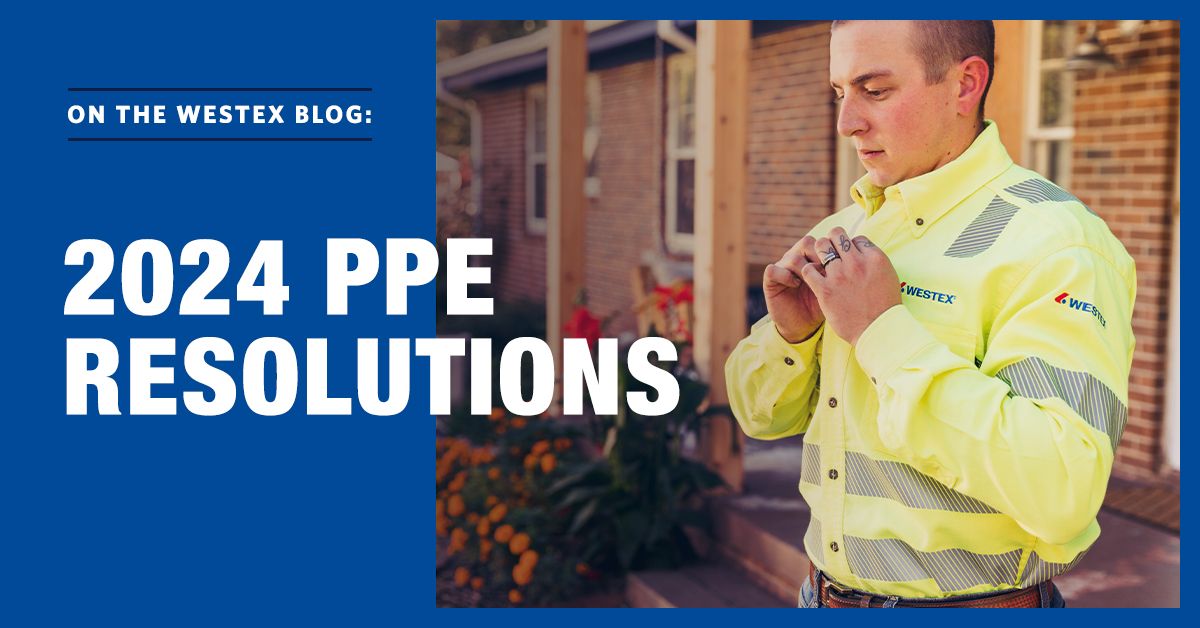
The Value of Daily Wear PPE Programs for Industrial and Alternative Energy Sectors
General 13 Feb 2024
The pursuit of progress is relentless in the utility, oil and gas, industrial, and alternative energy sectors. Yet, amid the ever-evolving technologies and innovations, one crucial factor often overlooked is the fallibility of human beings. It’s important to consider human error in these industries and acknowledge how this factor can pave the way for safer, more reliable practices.
The Human Element
No matter how much training you provide your team, no one is perfect. At the end of the day, a simple error could have catastrophic consequences. Recognizing the potential for human error is not a dismissal of expertise but an acknowledgment of the inherent vulnerabilities that accompany human involvement. To be proactive, the 2024 NFPA 70E® edition requires human error to be accounted for in the risk assessment procedure conducted as part of an electrical safety program.
What is NFPA 70E Annex Q?
Annex Q, Section Q.2, calls out five principles of human performance to consider:
- People are fallible; even the best people make mistakes.
- Error-like situations and conditions are predictable, manageable, and preventable.
- Individual performance is influenced by organizational processes and values.
- People achieve high levels of performance with encouragement from leaders and peers.
- Incidents can be avoided by understanding the reasons mistakes occur and lessons learned.
Error precursors are circumstances when the demands of the task and its environment exceed the capabilities of the worker or the overall limitations of human nature. Error precursors often increase the probability for an error to occur during a specific task and include:
- Task demands — When specific mental, physical, or team requirements to perform a task either exceed the capabilities or challenge the limitations of the individual assigned to the task. (Examples include the pressure of time, being in a hurry, and monotony from doing things repeatedly.)
- Work environment — When general workplace, organizational, and cultural influences affect individual performance. (Examples include changes or departures from routine and personality clashes.)
- Individual capabilities — When an individual’s unique mental, physical, and emotional characteristics do not match the demands of the specific task. (Examples include being unfamiliar with the task or unsafe attitudes towards a critical task.)
- Human nature — When common traits, dispositions, and limitations incline an individual to err under unfavorable conditions. (Examples include stress that limits attention to the specific task and being complacent or overconfident.)
PPE Daily Wear Program: A Simple Solution to Combat Human Error
Nobody is perfect, and mistakes will happen. While safety managers cannot prevent all incidents, they can plan to mitigate an incident’s severity with the implementation of a high-quality personal protective equipment (PPE) daily wear program.
Many workers only prepare for task-based risks, wearing non-flame resistant (FR) clothing for everyday tasks and gearing up with FR, arc-rated (AR) coveralls when they think it’s necessary. Whether employees are simply forgetting their issued PPE or overconfident in their personal safety, complacency can be dangerous.
Investing in a daily wear PPE program means that proper FR/AR clothing can be worn throughout the entire workday, continually protecting the wearer even if the unexpected incident occurs. At Westex®, our FR/AR materials and technologies help keep hardworking men and women more comfortable, prepared to tackle their jobs and protected against the consequences of human error.
Find which Westex fabrics meet your daily wear requirements here.


